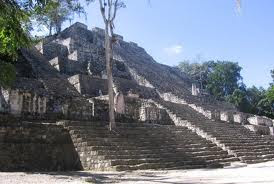Monday, December 19, 2011
Ernst Cassirer— Philosopher
Conversation In Thin Air Continues
July, ‘80
“So Noel,” I again interrupted, “what’s with Cassirer’s take on Einstein’s theory?”
“Well, before that question can be answered, you’ve got to know something about Cassirer’s philosophy,” Noel replied.
“But I do know something about his philosophy,’ I said, “I took a class in it. As I recall, it’s about how language, art, religion, and science are regarded as continuous constructs of cultural development, which, when understood from Cassirer’s point of view, were taken to be expressions of the power of man to build an ‘ideal’ or symbolic world.”
“That’s very good,” Noel responded. “You are a student of philosophy. Actually, Cassirer was a philosopher of the neo-Kantian variety, and he held that the objective world resulted from the function of human consciousness to symbolically produce, through a priori principles, culture--myth, religion, language, art, history and science. For Cassirer, man was a symbolizing animal, and the principles used to differentiate and order culture were, according to him, dispersed over a wider range than Kant supposed. Kant’s a priori principles were more restrictive and static than were Cassirer’s. However, that said, Cassirer still believed that the organizing principles of the human mind were responsible for all aspects of culture, including the dynamic critique of culture that formed the substance of his work on symbolic forms. In effect, Cassirer, like Kant, investigated not so much the objects of knowledge and belief as the manner in which those objects were constituted in consciousness.”
“But what’s that got to do with relativity,” I said. “How did Cassirer apply his a priori principles to the physical world, the world that we are able to know and predict?”
“I couldn’t have put it better myself,” exclaimed Tony.
Subscribe to:
Post Comments (Atom)







No comments:
Post a Comment